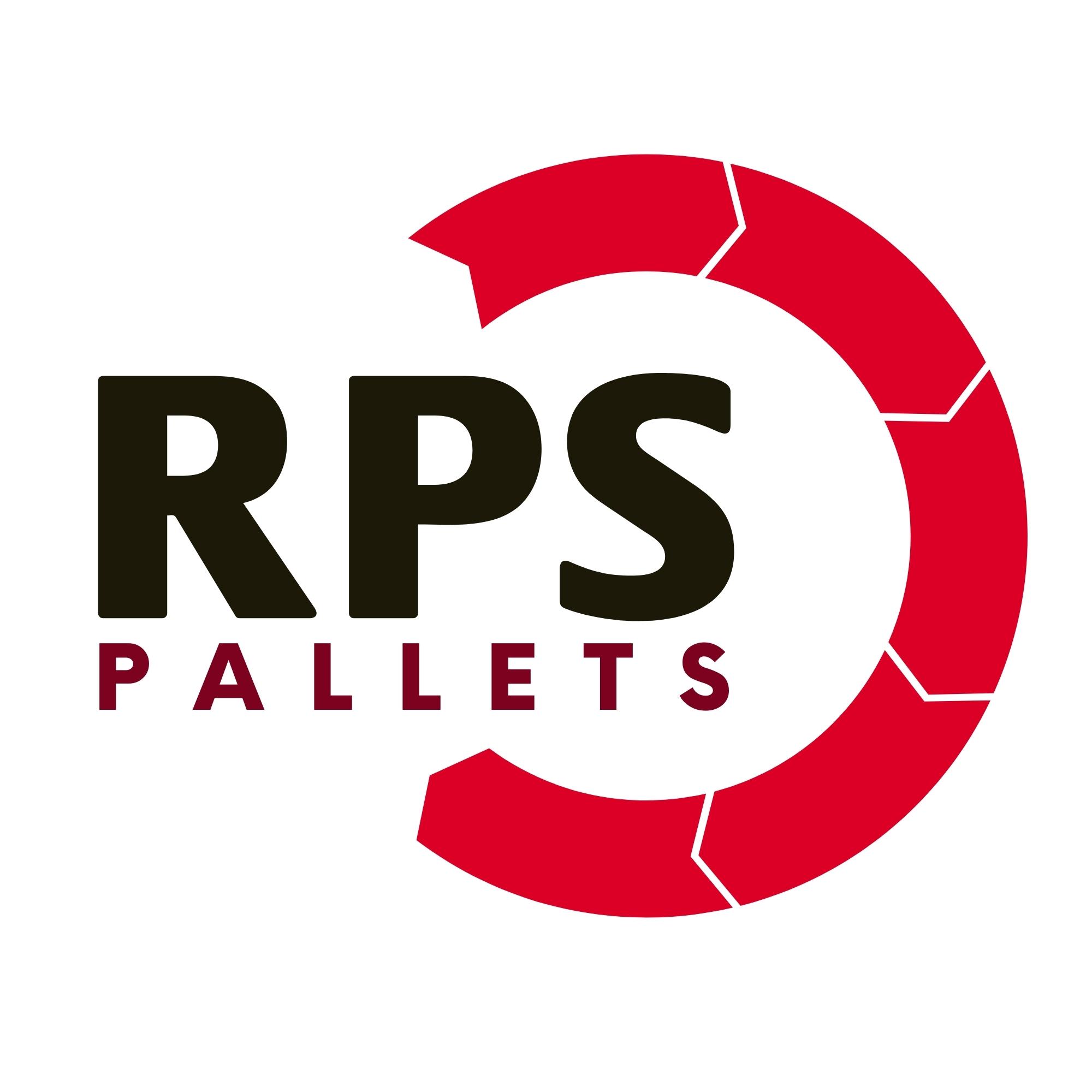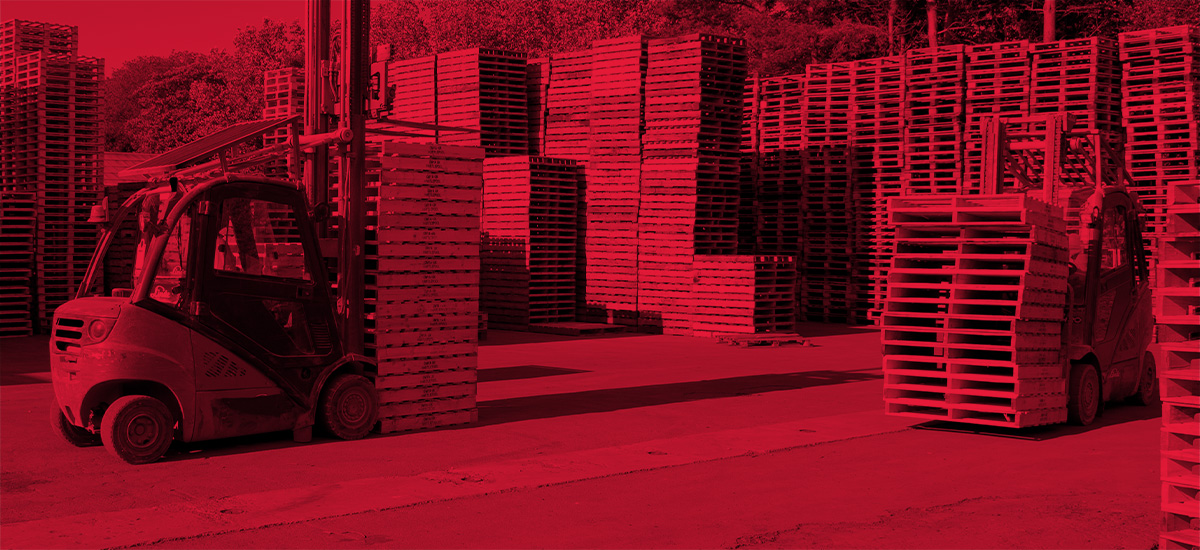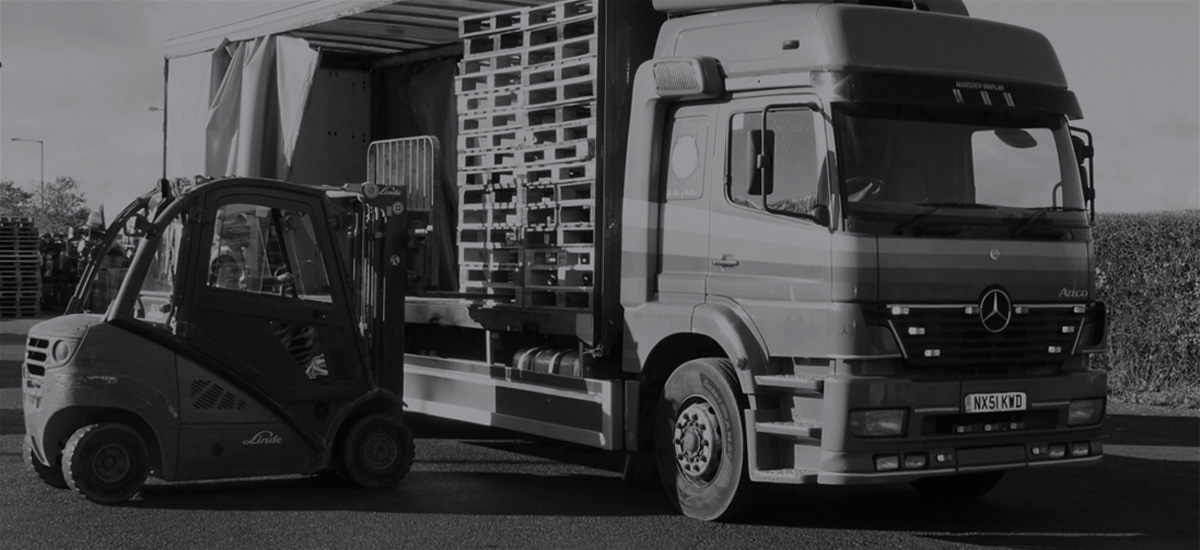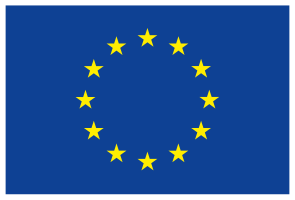A call for evidence
As part of the Government’s waste policy review in 2011, a call for evidence has now been published by Defra to help outline the Waste Prevention Programme for England. The call for evidence will help establish the opportunities, and on the other hand, the challenges, of waste prevention and will also encourage views from businesses.
The Government’s waste review promised the introduction of the Waste Prevention Programme to address the obligations of the revised Waste Framework Directive. This was done in order for member states of the EU to treat waste prevention as a priority.
The resulting waste prevention policy document is due for publication in December 2013.
The consultation
Defra has described a waste prevention policy as a key priority because it: “delivers the best environmental and economic outcome, and is key to moving towards a more sustainable economy”. The consultation also reports that waste prevention could relate to products designed for durability and ease of repair, the reduction of hazardous resources used and also encouraging reuse services.
The priority sectors that Defra have identified for waste prevention and reuse include:
- Food - Textiles - Construction and demolition (C&D) - Chemicals and Healthcare - Paper and Card - Furniture and Bulky Household items - Electronic and Electrical Equipment (WEEE)
Looking forward
From the figures provided by Defra, it is estimated that waste prevention could be worth around £17Bn to UK businesses. However, it is evident that there are businesses already successfully involved in waste prevention and reuse.
The consultation does also highlight barriers to waste prevention, for example, the cost of products versus their viability to be reused could conclude that “there may be little financial incentive to take preventative action” for consumers.
The consultation period is due to end on Monday 29th April 2013.
RPS and reusable packaging strategies
Although there are some concerns relating to viability to reuse and prevent waste, in terms of transit packaging assets, the vast majority of packaging items are recoverable and reusable and at a financially sustainable rate.
RPS work closely with businesses to recover their packaging assets for reuse. This in turn allows the business to reduce their reliance on new resources and help prevent waste. The majority of packaging items are reusable and therefore shouldn’t be considered as waste. For more details on how RPS has developed reuse in order to reduce waste, please read our case studies. You can also take a look at our services to see how RPS could help your business.
A call for evidence
In order to express your opinion, why not tell us what you think about waste prevention. How can UK businesses encourage sustainability and reduce waste? We’d be interested to hear your thoughts.
If you have any questions or queries or think the RPS could help you then please get in touch by calling 01642 465556 or email thomas.hudson@rpsltd.com.
